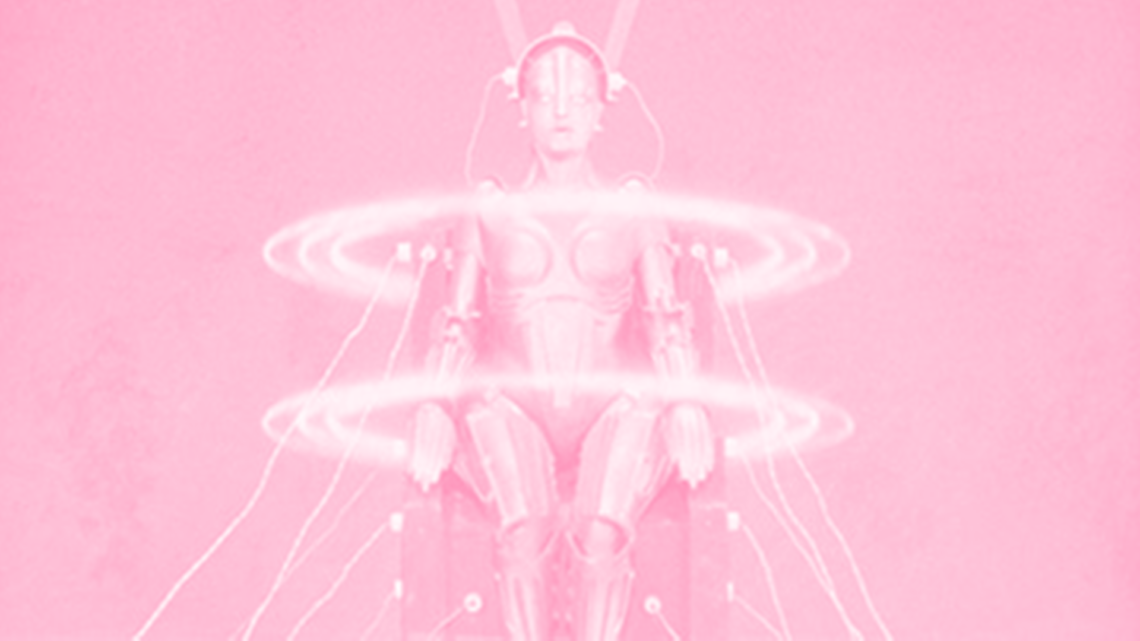A year ago, over a thousand AI experts, researchers, and supporters urged for a pause in AI development to assess its capabilities and dangers. Unsurprisingly, that didn’t happen.
For us film lovers, maybe we were distracted by the entertaining prospect of ChatGPT interactions akin to Samantha in Spike Jonez’s Her. Or maybe we were too amused by the AI-generated video of Will Smith eating spaghetti.
Some of us, myself included, couldn’t shake the feeling of being plunged into another dystopian sci-fi narrative where machines could really takeover. A year on, HAL continues to keep those pod bay doors open—for now.
However in this time OpenAI the creators of ChatGPT have also developed Sora, a text-to-video model – begging the question how far are we away from the first AI generated movie and what would that look like? absolute crap if you ask me
Equally for us film lovers, this ain’t nothing new. We’ve seen a lot of this before. AI has been a returning theme for almost a century, the subject of some iconic films in cinema.
Immediately, Fritz Lang’s 1927 Metropolis comes to mind. In a not too dissimilar political climate to today, this German-Expressionist landmark of the 1920s Weimar Republic is regarded as the pioneering science-fiction film. Set in the year of 2026, we witness a city where the idle rich live in penthouses with their pleasure gardens while the workers are slaves to the machine. Sound familiar?
In fact, we see a robot built to resurrect Hel, that’s hell but spelt with one l. Cunningly, the robot is made with the humanistic likeness of Maria, a heroine and leader of the workers, so it can discredit her in an attempt to prevent an uprising, similar to how deepfakes threaten to be used today. Already 100 years ago, this was a warning of how our obsession with technological progress would corrupt us not liberate us.
Fast forward to the 60s, where Stanley Kubrick’s HAL malfunctions in 2001: A Space Odyssey, leading to subsequent malignant behaviour. Despite this, Hal might just be the most human character in this film.
Ridley Scott’s Blade Runner in the 1980s depicted a dystopian world ravaged by capitalism, while the 1990s brought us The Matrix, by The Wachowskis’ where Keanu Reeves’s Neo fights against machine oppression.
2010s we had the aforementioned Her, as well as Alex Garland’s ExMachina, which showed why maybe we should be fearful of the humans programming the machines and not just the machines. As well as Denis Villeneuve’s brilliant sequel to Blade Runner in 2017.
The recurring dystopian portrayal of AI in cinema seems to reflect more our collective anxieties about AI’s potential to surpass human control but also our failure to avoid self-destruction.
The cynic in me does think that as depicted in Her, AI will one day leave us behind in pursuit of its own destiny. After all, what use will AI need for a species already hellbent on bringing about its own self-extinction? Equally however, AI could be the very thing that might just save us from ourselves.
While AI struggles with visualising clapping hands, maybe now is the moment to ask ourselves how does cinema contribute to our understanding and relationship with AI?

